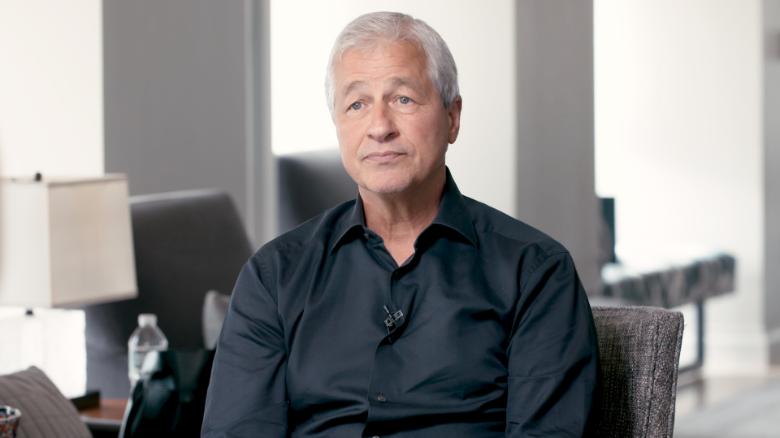The US is adding jobs. But the recovery could take years
Economists are worried that the tepid recovery in the US job market could run out of steam this fall..
Economists are worried that the tepid recovery in the US job market could run out of steam this fall should coronavirus cases surge again just as federal stimulus money runs out.
What’s happening: The US government is expected to report Friday that just under 1.4 million jobs were added in August. That would bring the total number of recovered jobs up to roughly 10.8 million.
Such gains are substantial, but account for just half of what was shed in March and April.
As summer comes to a close, a lot is riding on the pace of Covid-19 infections and what happens in Washington.
American Airlines (AAL) has said it will have to lay off or furlough 19,000 workers unless the airline industry gets more help from Congress. United Airlines (UAL) has warned that it be forced to furlough roughly 20% of its pilots.
Airlines got up to $50 billion in help via the last stimulus package, but had to agree not to lay off employees until October 1 in order to tap the funds. Months later, the sector is still in crisis.
“It was assumed that by September 30, the virus would be under control and demand for air travel would have returned,” American CEO Doug Parker and President Robert Isom said in a letter to employees. “That is obviously not the case.”
There are also concerns that the hospitality sector is running out of time as travel stays weak. MGM Resorts (MGM) reportedly announced Friday that it’s laying off 18,000 furloughed workers, with casinos struggling to bounce back.
“There is a particular part of the economy which involves getting people together and feeding them, flying them around the country, having them sleep in hotels, entertaining them,” Federal Reserve Chair Jerome Powell said Thursday at the Jackson Hole symposium of central bankers. “That part of the economy will find it very difficult to recover. That’s a lot of workers.”
Powell said it’s important to “stay with those people,” with the job market taking a hit for “probably a couple of years at least.”
How are the biggest economies holding up? We have the numbers
The world’s top developed economies are all officially in a recession. What happens next is far from certain.
In the books: Canada, France, Germany, Italy, Japan, the United Kingdom and the United States — the G7 — have all reported that their economies shrank dramatically in the first half of 2020 due to the pandemic.
Now, six months after the coronavirus outbreak began to accelerate rapidly outside China, it’s increasingly clear that countries will not bounce back in unison. The impact of the virus, public health policy and stimulus measures are creating divergent paths forward, with ramifications that could last years.
“It’s the path of the virus and the vaccine that’s critical to the recovery story,” James Knightley, ING’s chief international economist, told me.
Taking stock: Covid-19 delivered a brutal hit to every country’s economy, but the magnitude of the shock has varied significantly across the globe.
The United Kingdom has fared the worst of any of its G7 peers, with its economy shrinking by more than a fifth between April and June.
Ben May, director of global macro research at Oxford Economics, attributes this weakness in part to statistical factors, including how the government accounts for inflation. But he also pointed to the importance of consumer spending to the British economy, which magnifies the negative economic effects of social distancing, as well as the government’s initial reluctance to impose strict quarantine measures.
The clear outlier among major economies is China, which catapulted into recovery mode in the second quarter following a drop in GDP between January and March, its worst performance over a three-month period in decades.
As the initial hub of the outbreak and the first in the world to impose draconian measures to try to control the spread of the virus, China was the first major economy to reopen. That’s given it a head start.
What’s next: That depends on what happens with the spread of Covid-19, Knightley said. Some economists warn of the potential for a double-dip recession in which output falls again.
Government relief efforts also have a vital role in determining where economies go next.
In the United States, Democrats and Republicans still can’t agree on a fourth stimulus package. Strategists at Goldman Sachs estimate that the lapse in the $600 federal unemployment benefit will result in a $70 billion decline in personal income in August. Germany, meanwhile, recently extended the length of its program that keeps workers on corporate payrolls by subsiding their wages through 2021.
Read from source: https://edition.cnn.com/2020/08/30/investing/stocks-week-ahead/index.html

